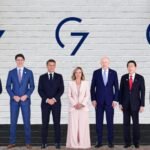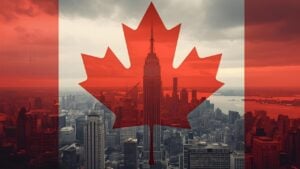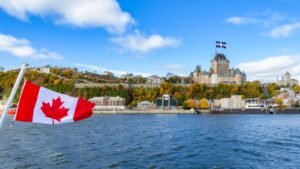Canada is leaning into Europe to advance a twin agenda of security and commerce, with Finance Minister François-Philippe Champagne concluding a trip tied to the European Union’s ECOFIN gathering in Copenhagen on September 20.
Ottawa cast the visit as a consequential reset at a sensitive moment for supply chains, defense spending, and industrial policy across advanced economies, and it linked the outreach to the eighth anniversary of the Canada-EU trade pact.
According to a Department of Finance Canada release, Champagne joined EU finance ministers and counterparts from the United Kingdom, Norway, and Ukraine, with a program that emphasized the economic spillovers of geopolitics and reforms to lift productivity and resilience.
Ottawa said closer defense and security ties were top of mind, reflecting the way national security considerations are reshaping trade, energy, and technology policy across the Atlantic.
The minister also took part in a roundtable on Arctic security while highlighting potential collaboration with Denmark on renewable energy and sustainable infrastructure.
The government said he held bilateral discussions with counterparts from major European economies, including France, Germany, Italy, the Netherlands, Poland, and the United Kingdom.
Ottawa described the engagement as part of a new era in the Canada-Europe partnership, building on recent announcements outlined in its Department of Finance statement that emphasized security, resilience, and clean growth.
If Canada and Europe can simplify approvals and de-risk capital through export finance or co-funded programs, project pipelines in those sectors could benefit over the next several quarters.
The Comprehensive Economic and Trade Agreement has expanded market access for Canadian exporters, but non-tariff frictions still require ongoing political management.
With the EU fine tuning its climate, tech, and subsidy frameworks, Canada’s voice at ECOFIN and in bilateral meetings gives Ottawa a platform to press for flexible implementation that recognizes North American supply chain realities.
Europe’s focus on defense capacity, cyber resilience, and Arctic posture intersects with Canadian priorities, including modernization of northern infrastructure and early warning systems.
Those links can channel investment to defense and dual use technologies that transfer into civilian markets, such as advanced sensors, secure communications, and autonomous systems.
For listed firms in aerospace, shipbuilding, and specialized manufacturing, watch for procurement and partnership signals as Ottawa and European capitals coordinate on capability gaps.
CETA’s anniversary gave the government a narrative thread, but the subtext was the search for growth in a world of higher rates and thinner productivity gains.
Canada’s pitch to Europe pairs security assurances with a promise of reliable inputs and investment opportunities in clean growth. Execution will determine whether that pitch translates into deal flow.
The minister’s office framed the trip as turning shared values into action. Markets will be looking for follow through in the form of joint announcements, procurement decisions, and timelines for regulatory coordination.




















